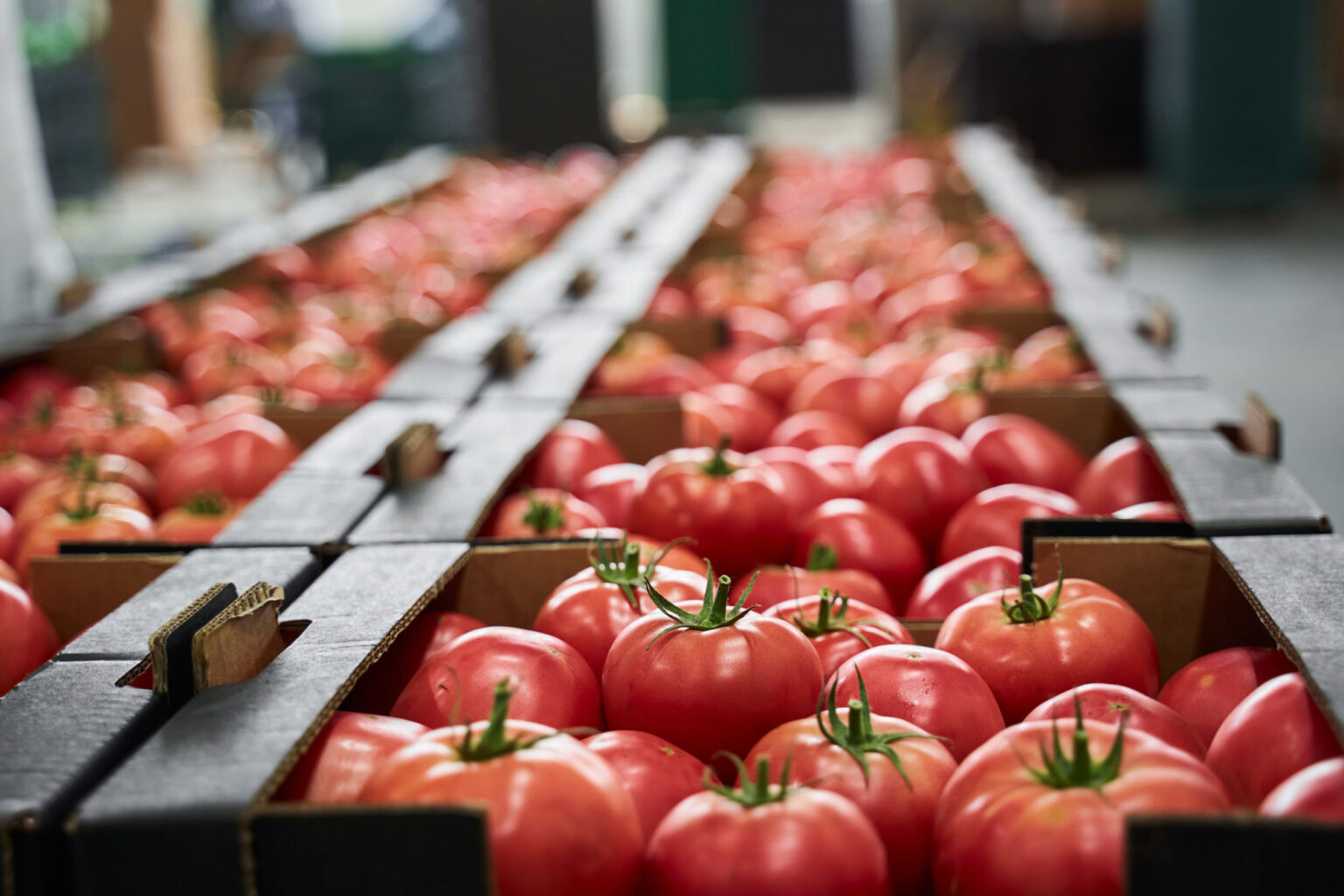
4 Questions To Ask About Your Produce Purchasing Program
As we head into summer and produce becomes top of mind, many foodservice providers may be wondering if they have the best local or regional produce purchasing program for their operation. This can be a difficult question to answer. Produce purchasing can be one of the more complicated product categories to analyze. In addition, because produce is a perishable category, there are a number of unique considerations. While not an exhaustive list, below are some of the questions worth posing as you evaluate the produce solution for your operation—and whether another option might better meet your needs.
Do you have confidence that the program is competitively priced?
To meet your organization’s financial goals, ensure your programs are being priced competitively among others in the market. Program owners should be able to clearly explain how they benchmark and should have a contract structure that protects against escalating market conditions. When evaluating your options, look for a partner who offers transparency into all pricing components, including freight and distributor markups.
Maintaining relationships with growers and distributors can be complicated, so find a partner that makes it easy. Some negotiate various costs on your behalf, including costs from growers, transportation costs and distribution costs. Also consider their produce purchasing volume. The scale of the program owner can provide some measure of confidence that the produce program is competitive.
Does the program offer a network of nationally-managed local distributors?
When exploring a new produce purchasing program, it is critical to understand the extent of the program coverage. A variety of independent local vendors comprises the highly-fragmented produce market. If your operation is national, you need to contract with a partner that can provide local vendors throughout the country. But not all of these potential partners touting a national footprint offer the same level of flexibility. It is important to understand whether coverage is locked into a single produce vendor depending on the market or whether the procurement partner contracts with multiple vendors in each market to give units flexibility and ensure program competitiveness.
What steps does your produce supplier take to ensure the food safety and quality for their customers?
Food safety and quality are extremely important components to analyze when choosing your produce partner. You should be confident that your partner ensures products are safe, legal and can meet quality expectations. Do they have processes in place to prevent and/or minimize any potential outbreaks or exposure and can they prove it? Look closely at the program owner’s food safety and QA practices at every step of the supply chain. How are they managing those suppliers?
Some will offer dedicated quality assurance teams that closely monitor USDA, FDA, and other outlets for product recalls and withdrawals. It is also important to understand if the potential partner’s quality assurance plan includes identifying, tracing and recalling the product as well as providing detailed recall protocols to avoid any potential exposure. Most suppliers achieve and maintain certification to food safety certification programs benchmarked and recognized by the international group, the Global Food Safety Initiative (GFSI). Additionally, some vendors require growers to include certificates of insurance in their contracts to ensure you have coverage.
As a fresh category, produce can be subject to recalls more frequently. Therefore, it is worth the extra time to make sure that your partner understands the importance of safety and can act quickly when needed.
What additional resources does the program provider bring to bear?
When exploring your produce program options, it is crucial to consider what resources a partner would offer that could provide additional value to your operation. Some will offer detailed reporting and centralized client support. Some may also offer dedicated category and sourcing teams to manage the contracted commodities and to provide consistency throughout the supply chain cycle. It is also important to inquire about the kinds of information a partner may offer. There is a wide array of industry resources that track market conditions. These may be helpful to you when making purchasing decisions for your units. In addition, some suppliers offer order guides and compliance management, if requested, to ensure your units are purchasing the right contracted products and are managing their produce programs as efficiently as possible.
If your company prioritizes doing business with minority-owned and diverse vendors, it is important to understand whether any potential partner has a sufficient number of contracted options. Ask the supplier about their diverse supplier portfolio and how they advocate for diversity within the industry. The same also goes for sustainability. Consider what sustainable practices they utilize and how they track performance in this area. Some may also be able to provide detailed reporting in specific areas like organic and local.
Choosing a produce partner can be challenging, but it doesn’t have to be. Foodbuy helps manage each component of the supply chain to provide transparency and consistency to all members. If you’d like to learn more about our local and regional produce programs, please contact us.



